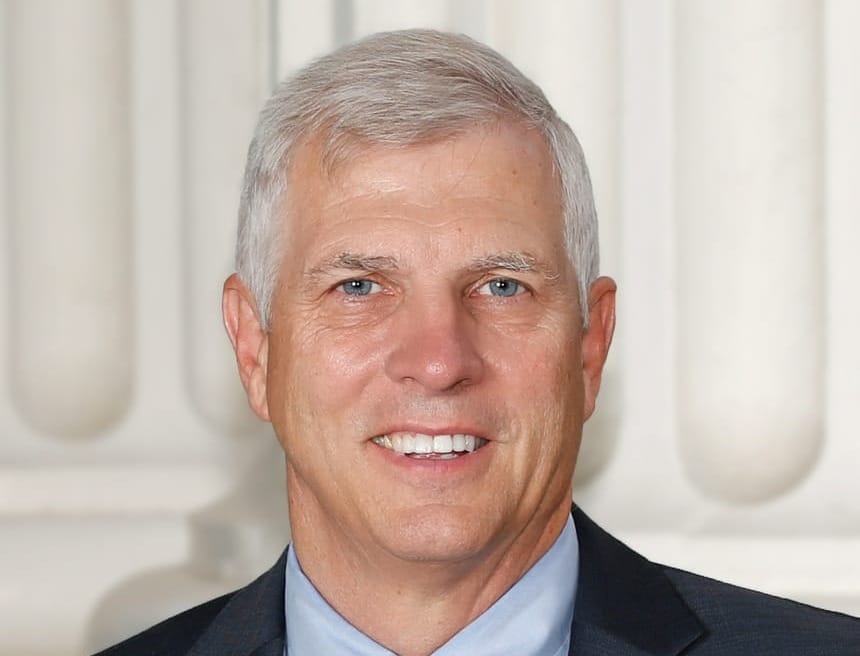
An attorney-sponsored bill that would further restrict lawyer advertising passed the Senate June 5 with a 36-0 vote.
“It requires that advertising be as ethical as possible. It forbids advertising that misleads consumers who lack expertise in distinguishing among deceptive promises,” said Sen. Tom Umberg (D-Santa), the bill’s author, at an April 29 Senate Judiciary Committee hearing.
SB 37 would expand the legal definition of a lawyer’s advertisement to any form of communication to the public, and would bar those advertisements from containing misleading, deceptive or false statements about the lawyer’s skills, experiences and record. It would also bar the advertisement from referencing awards a lawyer gained by simply being a member of an organization.
The bill opens up a new civil action, allowing people to sue attorneys who break the law.
The Consumer Attorneys of California sponsored the bill.
“Unethical attorney advertising misleads vulnerable consumers—many of whom are navigating the legal system for the first time,” a CAOC statement to the legislature reads.
“False guarantees, exaggerated claims, and undisclosed affiliations confuse the public and undermine confidence in the legal profession. While existing ethics rules and statutes already prohibit many of these practices, enforcement has been hampered by limited resources at the State Bar. SB 37 empowers harmed consumers by authorizing citizen enforcement against unlawful attorney advertising, capping, and illegal referral services.”
Capitol City Trial Lawyers Association, Central Valley Trial Lawyers Association, Orange County Trial Lawyers Association, San Francisco Trial Lawyers Association, San Joaquin County Trial Lawyers Association and the California Defense Counsel support the bill.
There is no stated opposition to the bill.
Sen. John Laird praised the intent from attorneys.
“It's very significant that it's strongly supported from the attorneys. This isn't something that's being done to them. They are supporting making sure their ranks are clean,” Laird said at the committee hearing.
Read next: An injunction halted Trump's proof-of-citizen voting requirement. The court said the Trump did not have the Constitutional power to regulate elections.
Or return to the edition guide.

